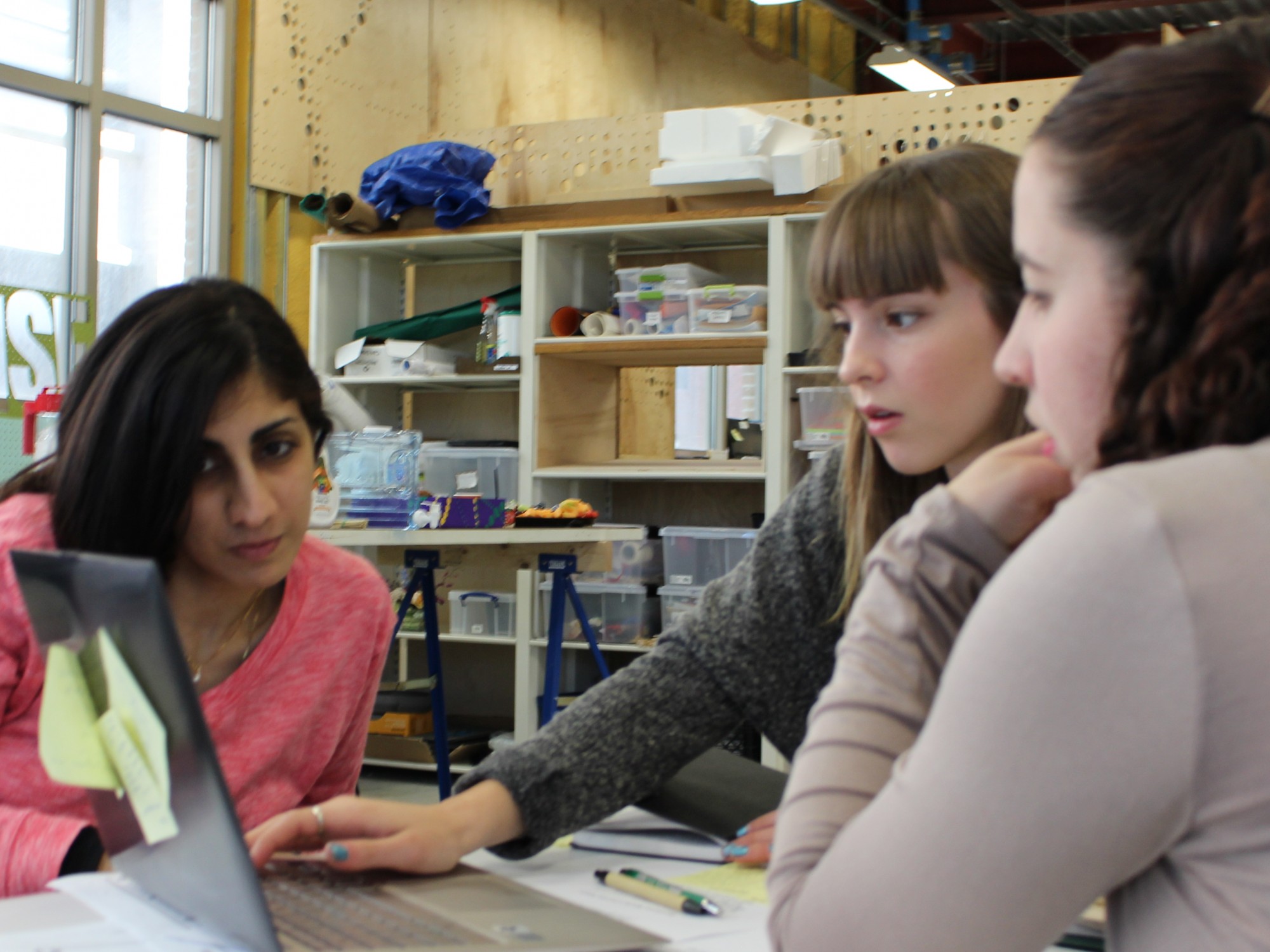Before beginning college I had never heard the phrases ‘social innovation’ or ‘design thinking’, but I knew I wanted to incorporate the principles of those concepts into my life.
I grew up in a creative and encouraging household in the heart of Chicago, where I was taught to be aware of my surroundings and challenge the way I thought about the world. I did not realize it at the time, but my upbringing would have a profound affect on my college experience. To my surprise, as soon as I stepped on Tulane’s campus I began to seek out experiences where I could learn how to have an impact and eventually enact change in this new city I had adopted.
 One of the first opportunities I had to try to enact change in the New Orleans community happened when I spent a Saturday morning my freshman year on an urban farm and food justice academy called Our School at Blair Grocery (OSBG). As we turned compost and planted starts we learned about the Lower Ninth Ward, the historic neighborhood where the farm is located. We were taught about the complex, systemic inequalities that affect the New Orleans community. We discussed important topics that had not been touched upon in my classrooms at Tulane, such as environmental racism, food insecurity, and the white savior complex.
One of the first opportunities I had to try to enact change in the New Orleans community happened when I spent a Saturday morning my freshman year on an urban farm and food justice academy called Our School at Blair Grocery (OSBG). As we turned compost and planted starts we learned about the Lower Ninth Ward, the historic neighborhood where the farm is located. We were taught about the complex, systemic inequalities that affect the New Orleans community. We discussed important topics that had not been touched upon in my classrooms at Tulane, such as environmental racism, food insecurity, and the white savior complex.
After spending most Saturdays on the farm learning the ropes and meeting the people who have been living in the community for decades, I realized that I had begun to question my role as a Tulane student. How could I use my education and passion to address local food security? How could I create a mutually beneficial relationship between powerful institutions and universities like Tulane and the urban farms located throughout the city that I had come to know and work with?

Then came Student Supported Agriculture (otherwise known as SSA). Student Supported Agriculture is based off of the tried and true CSA model. We as students wanted to address the demand for quality, fresh produce on campus, while also providing an opportunity to bridge the gap between students and New Orleans farmers. Before I knew it each week myself, along with my two fellow teammates were contacting all the farmers we knew. We were putting in orders, growing and harvesting our own food, and delivering it to the students’ front door.
Our idea was a hit. We were operating off of our passion and drive to create change, which was a great motivator, but as a team we struggled to create a budget, brand ourselves, and successfully market our venture. But then I found out about Changemaker Institute. I remember reading through the workshop topics and being convinced that the creators of the program were reading my mind. If I applied and was accepted I realized I would now spend my Saturday mornings broadening my horizons and learning from experts and innovators not only how to target a larger audience, but also measure my social impact, and make my venture more sustainable. Needless to say I applied. Today I can say that my time in the Changemaker Institute has changed my life for the better.
By Emma Lisec, Changemaker Taylor Fellow

